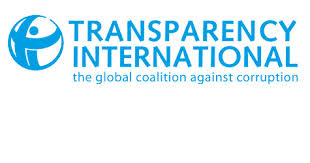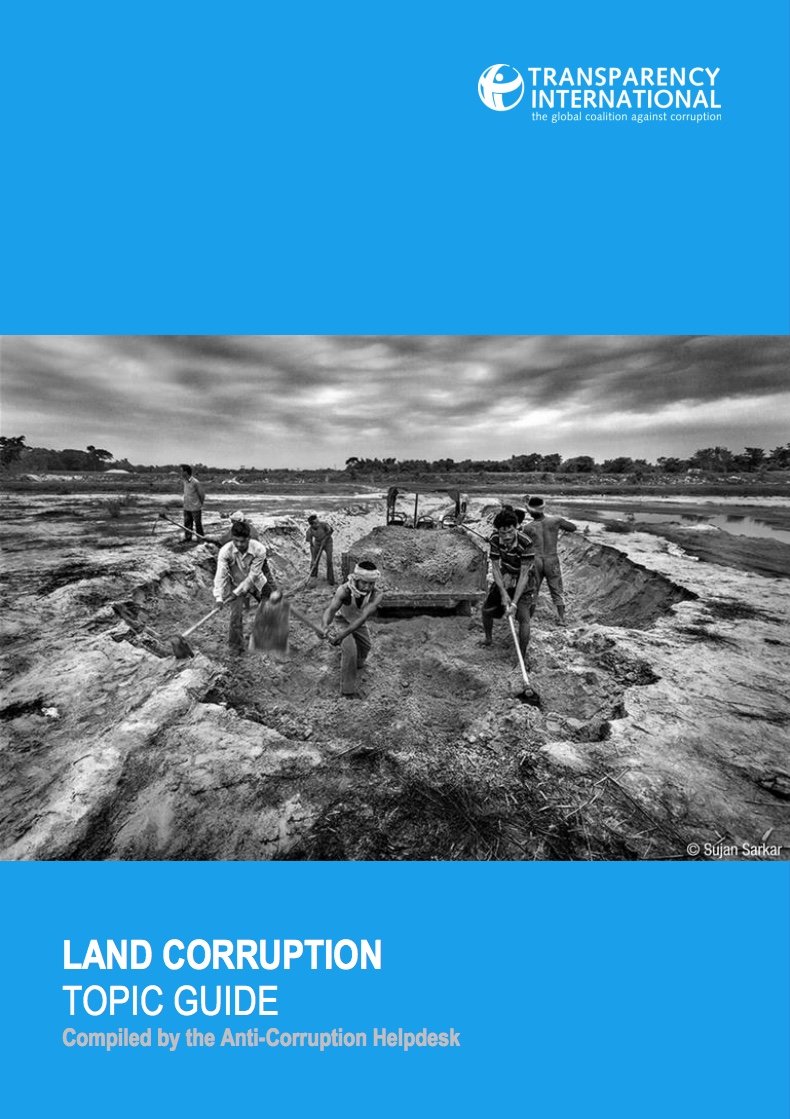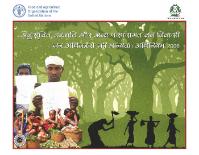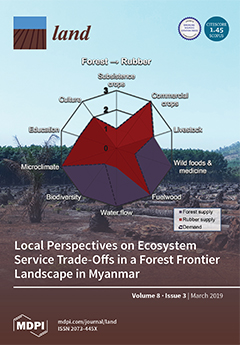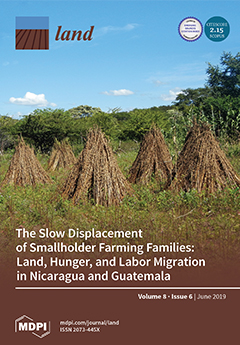LAND AND CORRUPTION IN SUB-SAHARAN AFRICA
Land is a vital resource that sustains livelihoods across Sub-Saharan Africa, but also one that is heavily prone to corruption. Every second citizen in Africa has been affected by land corruption in recent years, according to a study by Transparency International.

